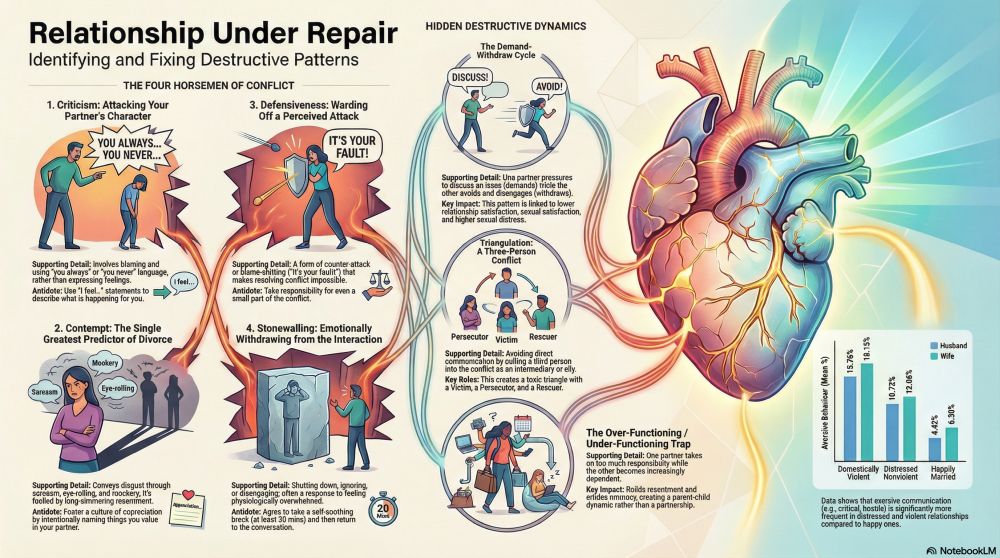When to Define the Relationship
American Survey: Acceptable Timeframe for DTR Talk
Research-Based Readiness Indicators (Importance Score)
Attachment Styles & DTR Timing Preferences
Quality of connection matters more than duration. While 39% of Americans believe 3 months is appropriate, successful exclusivity conversations depend on emotional readiness, communication patterns, and attachment styles rather than rigid timelines.
Bottom Line: Research shows most Americans believe 3 months into dating is appropriate for exclusivity discussions, but timing should be based on emotional readiness, communication patterns, and attachment styles rather than rigid timelines. Quality of connection matters more than duration.
The 3-Month Research Baseline
A comprehensive Ipsos survey of 1,000 adults found that 39% of Americans believe three months is an acceptable timeframe to discuss exclusivity. This translates to approximately 10-12 dates for couples seeing each other weekly, or up to 24 dates for those meeting more frequently.
Individual Factors Trump Timelines
Research on relationship development stages shows exclusivity timing varies significantly based on attachment styles and individual readiness. People with anxious attachment may seek clarity earlier, while those with avoidant attachment may delay these conversations. The key is matching your internal emotional state rather than external timelines.
Research-Based Readiness Indicators
Communication Frequency: Studies show that daily texting/calling patterns and increasing time spent together signal relationship progression requiring clarification.
Emotional Investment: When you find yourself fantasizing about a future with this person or feeling uncomfortable about them dating others, research indicates it’s time for the DTR talk.
Physical Intimacy Timing: Multiple studies emphasize having exclusivity conversations before sexual intimacy to align expectations and avoid emotional attachment mismatches.
Social Integration: If you share friend groups or work environments, research shows earlier DTR conversations prevent complications and emotional fallout.
Optimal Timing Strategies
Wait Past Honeymoon Phase: Relationship research indicates the initial attraction phase lasts 6 months to 2 years. Having exclusivity talks after initial infatuation allows for clearer judgment.
Feeling-Based Rather Than Time-Based: Studies consistently show successful exclusivity conversations happen when based on mutual readiness rather than arbitrary timelines.
Before Assumptions Form: Research on relationship miscommunication shows that 99% of married and 94% of cohabiting couples expect sexual exclusivity, but many never explicitly discuss it.
Psychological Research Findings
Attachment Impact: Research shows secure attachment styles navigate exclusivity conversations more successfully, while anxious attachment may rush and avoidant attachment may delay unnecessarily.
Communication Quality: Studies demonstrate that couples who discuss exclusivity openly report higher relationship satisfaction than those who assume or avoid the topic.
Timing Flexibility: Research indicates 30% of adults change relationship preferences quickly, sometimes within weeks, making ongoing communication more important than perfect timing.
Warning Signs for Poor Timing
External Pressure: Research shows exclusivity discussions motivated by fear, insecurity, or external pressure rather than genuine readiness predict poorer outcomes.
One-Sided Readiness: Studies indicate successful exclusivity requires mutual emotional investment; pushing reluctant partners creates relationship instability.
Major Life Stress: Relationship research suggests avoiding DTR conversations during periods of high stress (career changes, family issues) when emotional resources are depleted.
Red Flags: If someone consistently avoids exclusivity discussions or shows discomfort with emotional intimacy, research suggests this indicates fundamental incompatibility rather than timing issues.


